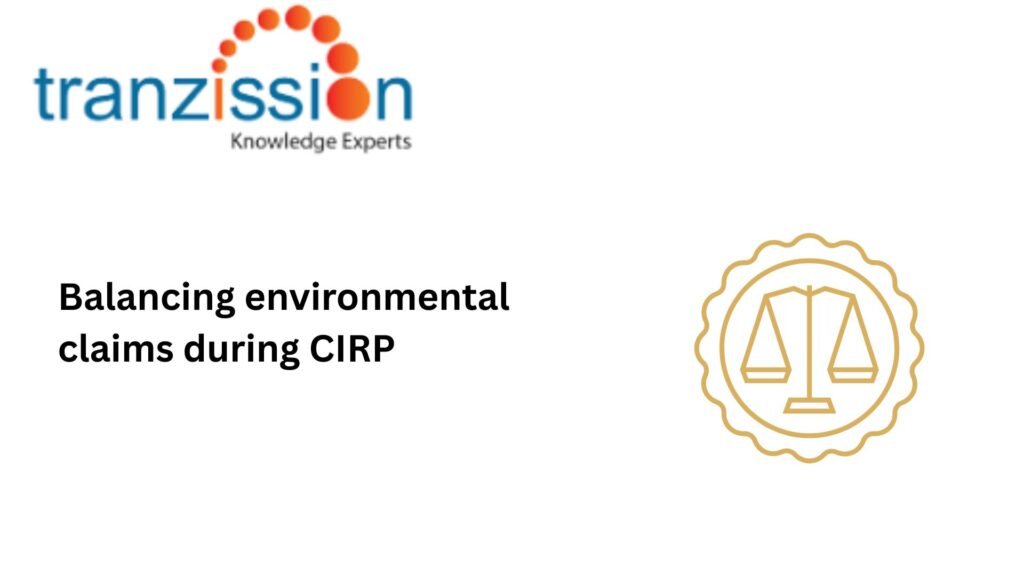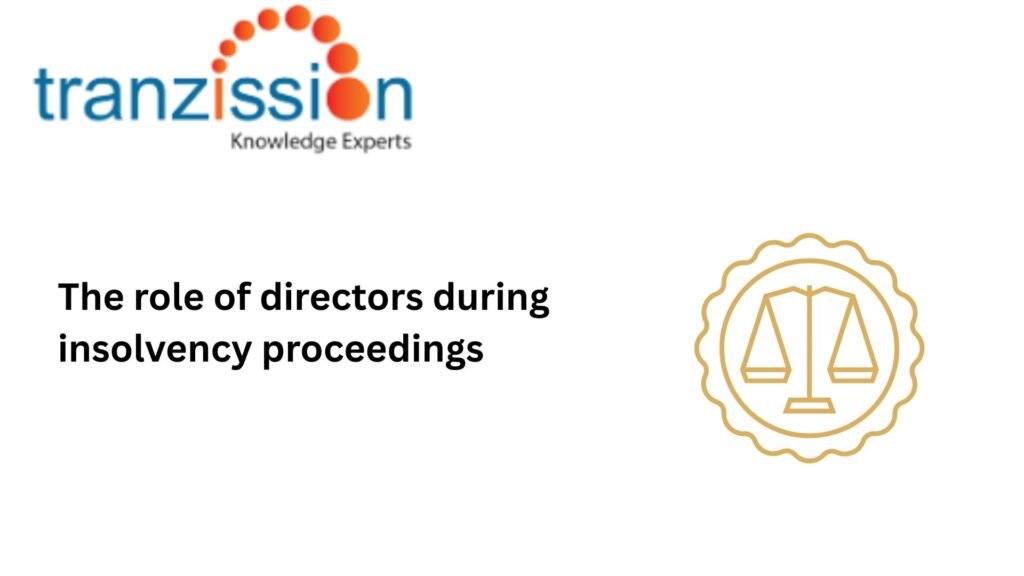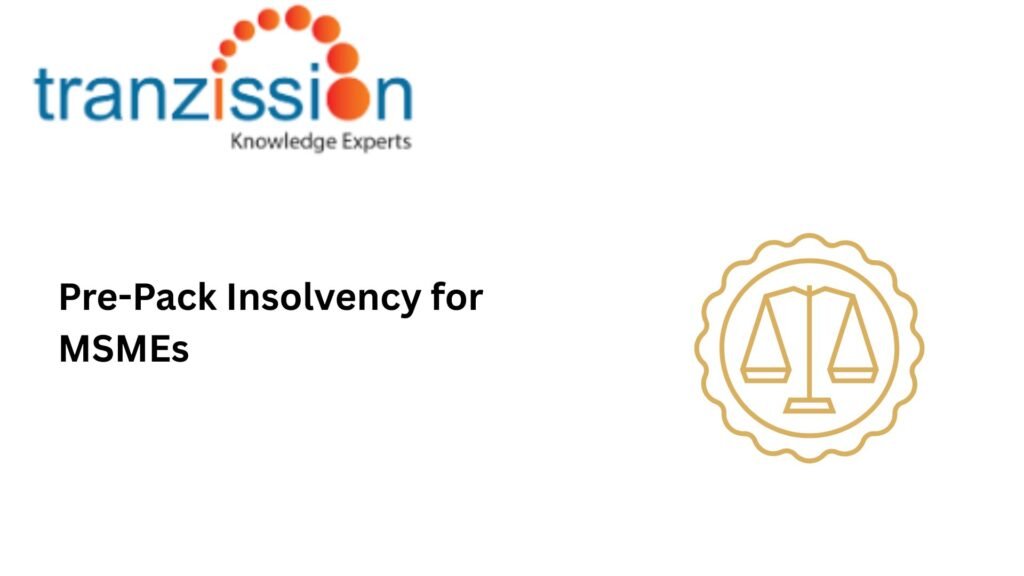Blog
In insolvency proceedings, the insolvency practitioner takes on multiple roles, each demanding different responsibilities and skills depending on the stage of the process. One of their primary tasks is ensuring that the interests of the corporate debtor, creditors, stakeholders, and other parties are balanced without causing harm to another. Practitioners may act as liquidators, administrators, […]
When a corporate debtor and its creditors are involved in the resolution process under the Insolvency and Bankruptcy Code, 2016 (hereon forward known as “the Code”), it becomes necessary to have effective Communication Strategies for Creditors During a Bankruptcy to manage the complexity of the situation. Under the Code, communication is implicitly mentioned in its […]
Insolvency and restructuring procedures involves financial considerations in addition to the legal proceedings and costs. But environmental sustainability require more than just financial backing as it affects general public as well. Environmental claims are proceesed under the corporate insolvency resolution process, but they are difficult to be part of insolvency proceedings as they are unliquidited […]
When a company enters insolvency proceedings, the role of the director significantly shifts. The directors of the company are expected during the financial difficulty period to act in the bona fide interests of the creditors and simultaneously ensure that adequate steps are taken to keep the company off insolvency. We will look into a directors […]
The pandemic highlighted the need for a specialised insolvency mechanism to support financially distressed micro, small, and medium enterprises (MSMEs). On 4 April 2021, the government promulgated the Insolvency and Bankruptcy Code (Amendment) Ordinance, 2021, to introduce a Pre-Pack Insolvency for MSMEs (PPIRP)facing financial issues because of the pandemic. Understanding Pre-Pack Insolvency for MSMEs The […]
When a company is unable to meet its financial obligations and the Adjudicating Authority has decided that it must be wound up, the company will undergo liquidation proceedings in the Insolvency and Bankruptcy Code, 2016 (“the IBC”). The IBC provisions outline the process for initiating the liquidation of a corporate debtor under certain conditions, which […]
Regulatory bodies under IBC, are crucial as they play a vital role in ensuring the smooth and efficient functioning of the insolvency resolution process. They protect the interests of all stakeholders involved and uphold the integrity of the insolvency system in India by regulating key participants within the IBC framework. Understanding the Key Regulatory Bodies […]
Conflict of Jurisdiction between NCLT and Civil Courts arises under the Insolvency and Bankruptcy Code, 2016 (IBC), which provides a legal framework for resolving financial distress within a strict timeframe. While the National Company Law Tribunal (NCLT) is designated to handle insolvency matters, other company-related issues fall under the jurisdiction of civil courts. However, the […]
When a corporate debtor faces financial distress they undergo the insolvency process. If this process is not successful because the debtor and its unsecured creditors are not able to reach a viable repayment plan or the National Company Law Tribunal decides that the corporate debtor should be liquidated, the liquidation process commences under the Insolvency […]
In the insolvency framework, good faith in insolvency is represented by the actions of the parties involved in the resolution process. For instance, under the Insolvency and Bankruptcy Code, 2016 (IBC) a creditor has to disclose all relevant information about their debt when filing a claim, an insolvency professional must act impartially, and a debtor […]



